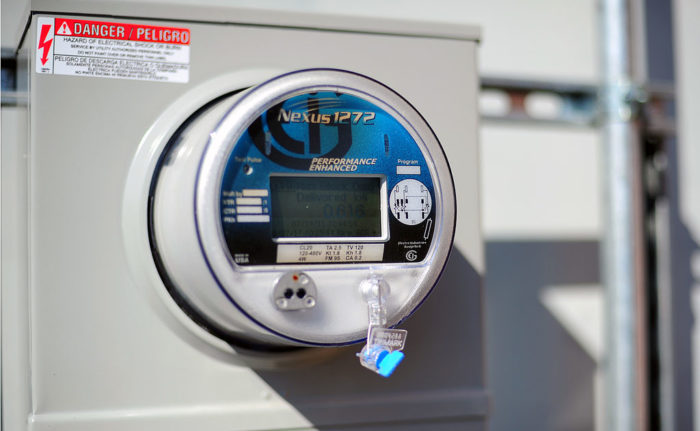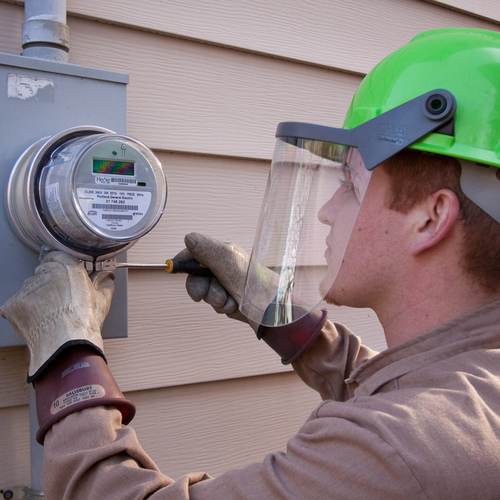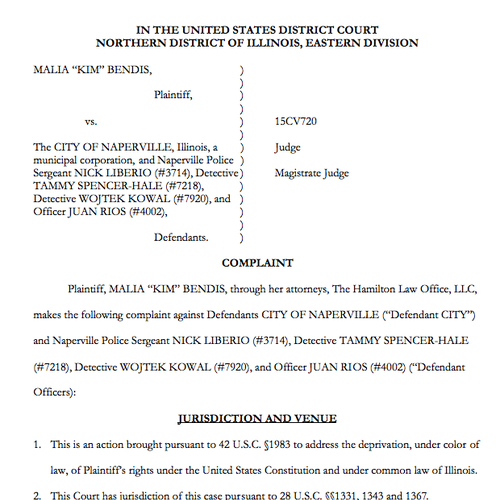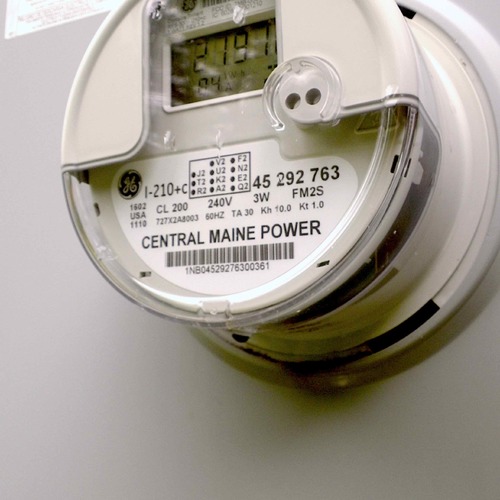
Image Credit: Wikimedia Commons
A bid to stop the installation of smart electric meters in a west Chicago suburb has been blocked by a federal district court judge.
Judge John Lee ruled that the installation of smart meters by the city-owned utility in Naperville does not violate a homeowner’s constitutional rights against a warrantless search, no matter how much data the meter collects about a homeowner’s use of electricity, a post at the CookCountyRecord.com said.
The ruling, reported on July 13, is the latest salvo in a messy legal dispute pitting the city of Naperville against a group called Naperville Smart Meter Awareness (NSMA). The group was launched after two Naperville women were arrested for filming the installation of a smart meter over their objections.
In 2012, Naperville began installing meters that record how much electricity has been used every 15 minutes and transmit the information wirelessly to the public utilities department. They replaced old-style analog meters that have to be read manually once a month.
NSMA filed a complaint in federal court, claiming the recordings revealed “intimate details about the personal lives and living habits of NSMA members,” the CookCountyRecord said. The group complained that smart meters are capable of collecting data in intervals as short as 5 minutes, allowing the utility to know which appliances a homeowner was using. That level of detail would allow police and city officials to intrude on privacy, the group said.
Further, NSMA said that radio waves emitted by the smart meters could lead to health problems such as heart palpitations, sleep disorders, and headaches.
Judge disagrees but leaves a door open
Judge Lee tossed out the group’s Fourth Amendment arguments, ruling the citizens group showed no evidence that the city planned to do anything with the data that would amount to an unreasonable search or an invasion of privacy.
“NSMA incorrectly equates possibility with plausibility,” the judge ruled. “NSMA’s attempt to hinge a Fourth Amendment claim on theoretic possibilities without presenting any allegations about what the City is actually doing with the data is futile.”
By agreeing to user city-supplied electricity, Lee said, NSMA members have agreed to share data about how much they use.
Lee, however, seems to have left one legal door slightly ajar. NSMA had claimed that the city denied its members equal protection under the law by refusing requests by members to keep their old analog meters for medical reasons when granting similar requests from non-members, the website reported. That amounted to a violation of the 14th Amendment.
Because the city did not explicitly object to that argument, the judge said he would allow the group to file an amended complaint making that claim.
Weekly Newsletter
Get building science and energy efficiency advice, plus special offers, in your inbox.















0 Comments
Log in or create an account to post a comment.
Sign up Log in